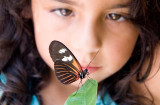
Pollinators Matter (starts at 4:43): Now that backyard gardens are in full bloom it’s a good time to think about pollinators. Honeybees, butterflies, beetles and other pollinators depend on many flowering plants for nectar. And we depend on these pollinators for many foods we love in our diet, from almonds to apples to blueberries. Some of these pollinators, especially honeybees and monarch butterflies, are facing severe threats, here in Colorado as well as globally. Among the culprits are habitat destruction and insecticides called neonicotinoids. The Butterfly Pavilion in Westminster is not only a popular destination for kids and adults who want to walk among butterflies, and tough tarantulas. It is also conducting research on pollinators and their habitat. Mary Ann Colley, vice president of science and conservation at the Pavilion, discusses with host Susan Moran some pollinator-focused research and educational campaigns. Info on Butterfly Pavilion’s citizen science efforts–Colorado Butterfly Monitoring Network and Urban Prairies Project–are on the Pavilion’s website. Related citizen science projects: The Bees’ Needs and Xerces Society. For more info on pollinators go to the National Wildlife Federation and USDA Agriculture Research Service.
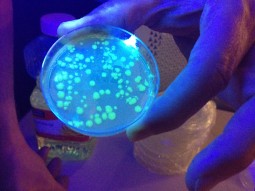
The New Biology (starts at 16:48): Denver Biolabs is the first community do-it-yourself bio-lab in Colorado. It focuses on making synthetic biology–where biology meets engineering–accessible to everyone. Biolabs is a community resource, giving students, researchers, entrepreneurs and others access to a community lab space. It also offers training in building bio-tools, learning lab fundamentals and experimenting with molecular gastronomy. Biolabs also develops technologies related to bioinformatics, biomimicry, bio-hacking and bio-printing. Dr. Heather Underwood is the co-founder and executive director of Denver Biolabs, which she discusses with host Leslie Dodson. For info on similar labs that have inspired Denver Biolabs, go to: Berkeley Biolabs, BioCurious, and Counter Culture Labs.
Hosts: Leslie Dodson, Susan Moran
Producer: Susan Moran
Engineer: Maeve Conran
Executive Producer: Shelley Schlender
Podcast: Play in new window | Download (Duration: 26:32 — 24.3MB)
Subscribe: RSS

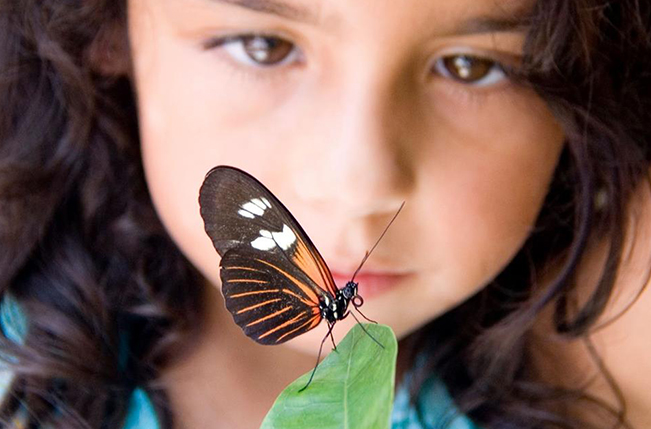


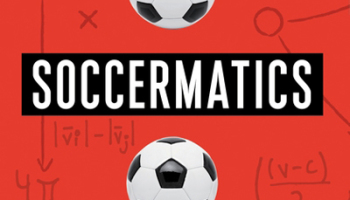
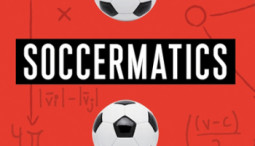
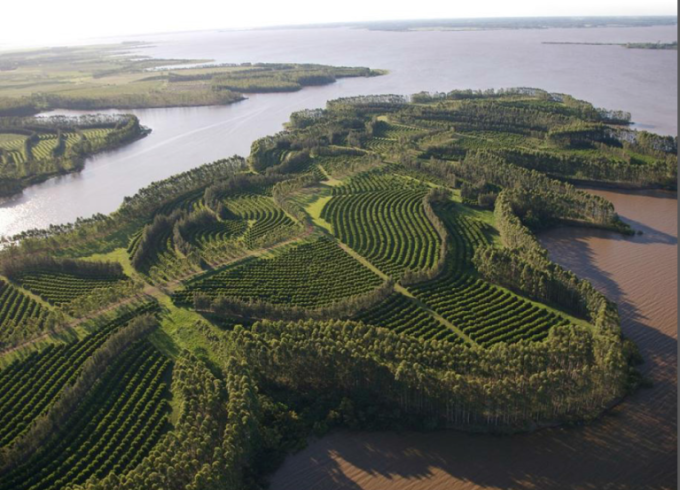
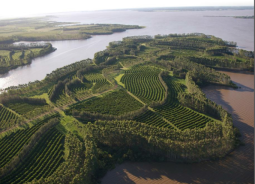
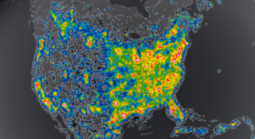
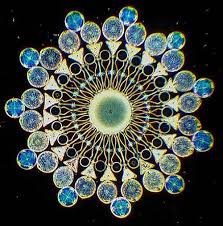

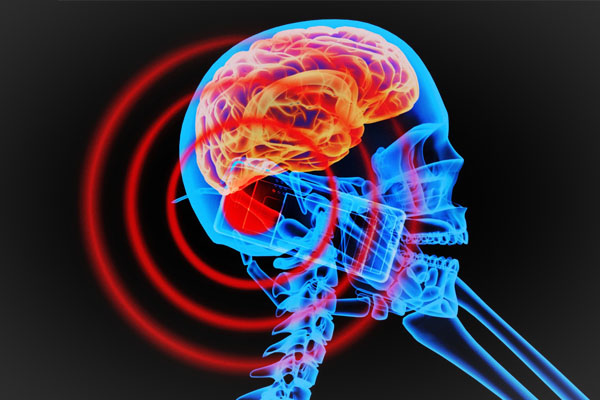
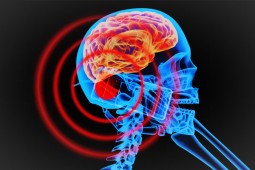
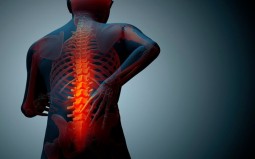
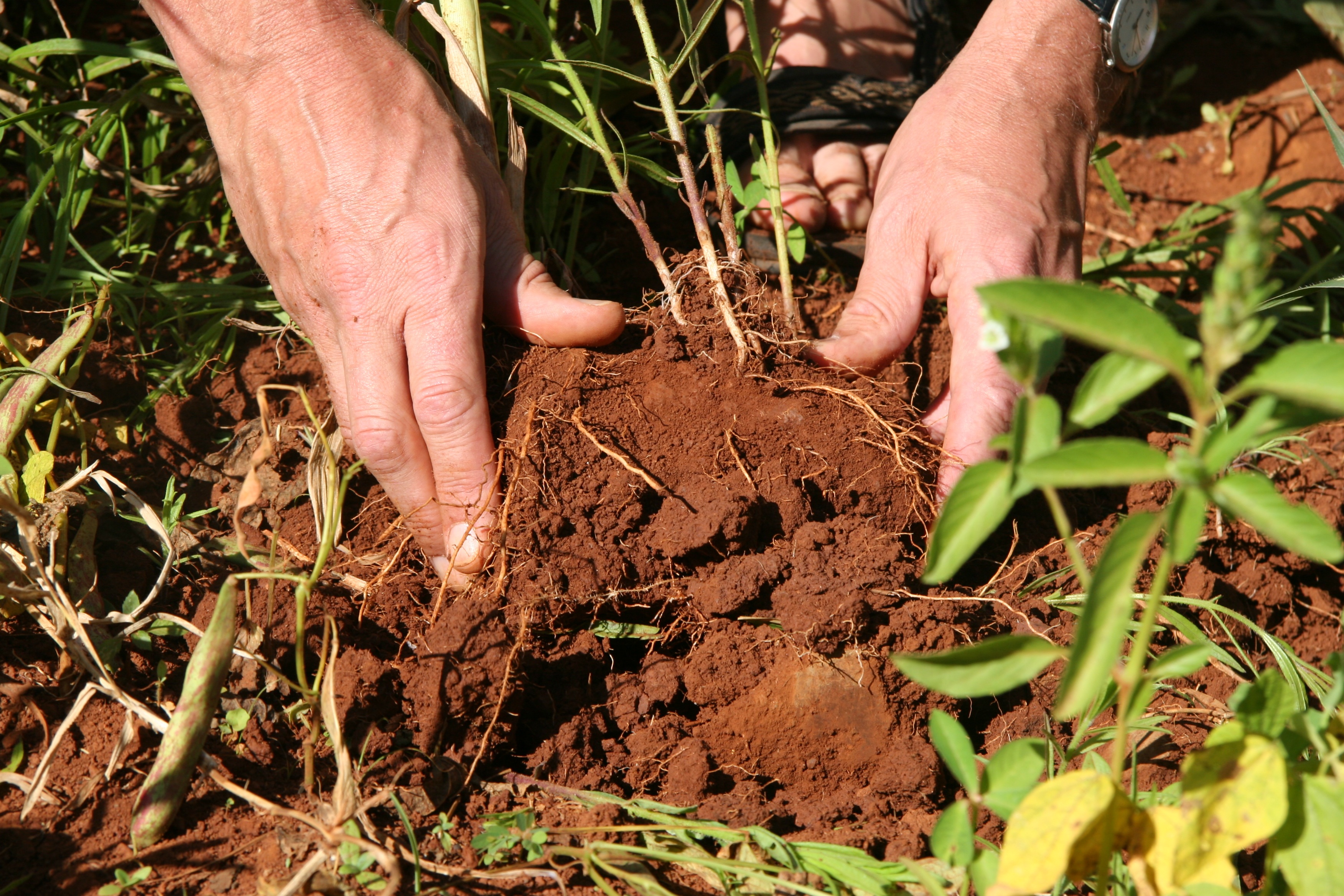
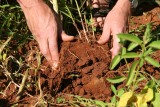
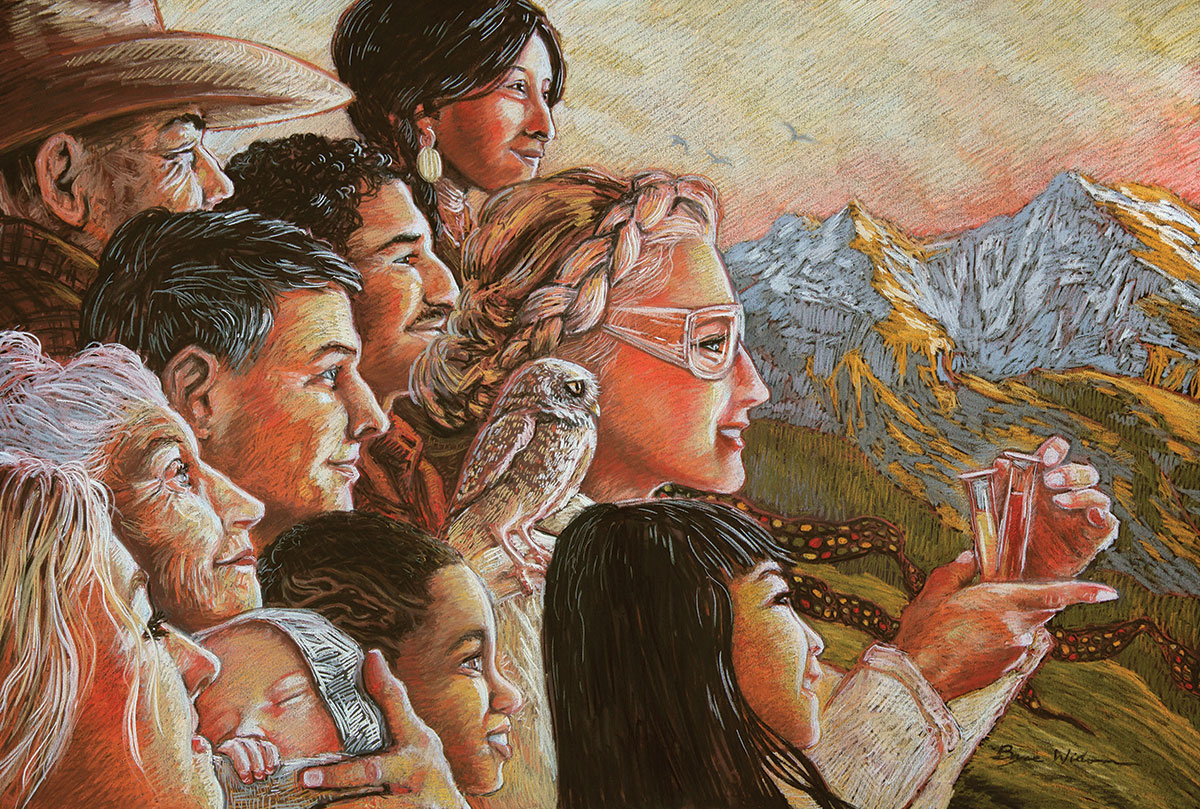
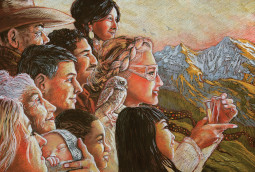
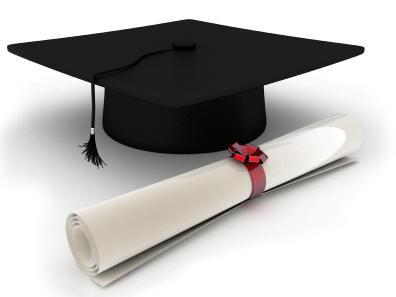
 In this follow-up episode of our “Graduation Special” we talk with three more guests graduating with science Ph.D.’s from the University of Colorado in Boulder. They join us to talk about their thesis research, their grad school experiences, and what they have planned next:
In this follow-up episode of our “Graduation Special” we talk with three more guests graduating with science Ph.D.’s from the University of Colorado in Boulder. They join us to talk about their thesis research, their grad school experiences, and what they have planned next: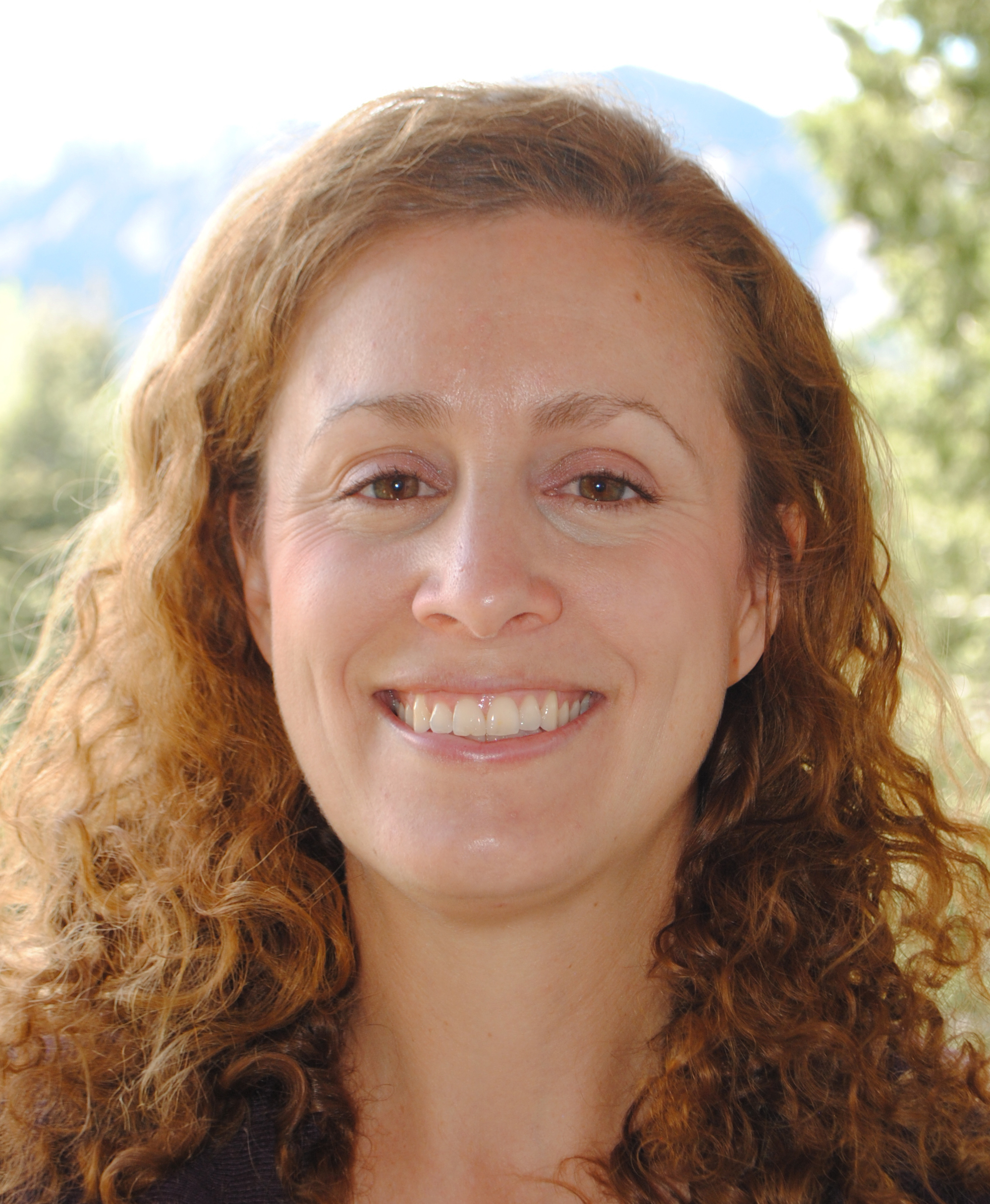 Carleigh Samson –
Carleigh Samson – 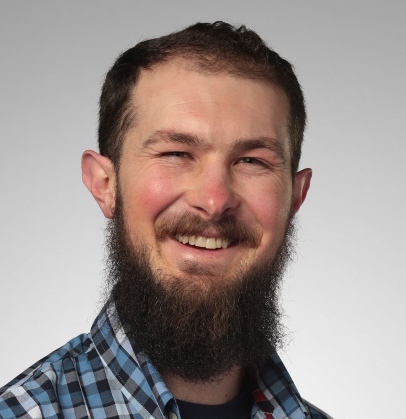
 Greg Thompson –
Greg Thompson – 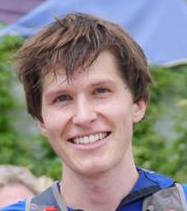 Greg Salvesen –
Greg Salvesen – 
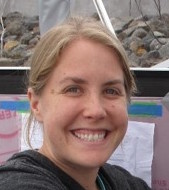 Odessa Gomez –
Odessa Gomez –  (Starting at 6:30) FLOWS bridges social justice and environmental issues. FLOWS provides leadership training opportunities, green job skills, and free energy and water upgrades while building partnerships between CU students and staff and community members. They partner with and work primarily for low-income communities for water and energy conservation (the communities most in need of lower energy and water bills). They joined us to talk about their new training program coming up this May. Find out more about their program
(Starting at 6:30) FLOWS bridges social justice and environmental issues. FLOWS provides leadership training opportunities, green job skills, and free energy and water upgrades while building partnerships between CU students and staff and community members. They partner with and work primarily for low-income communities for water and energy conservation (the communities most in need of lower energy and water bills). They joined us to talk about their new training program coming up this May. Find out more about their program